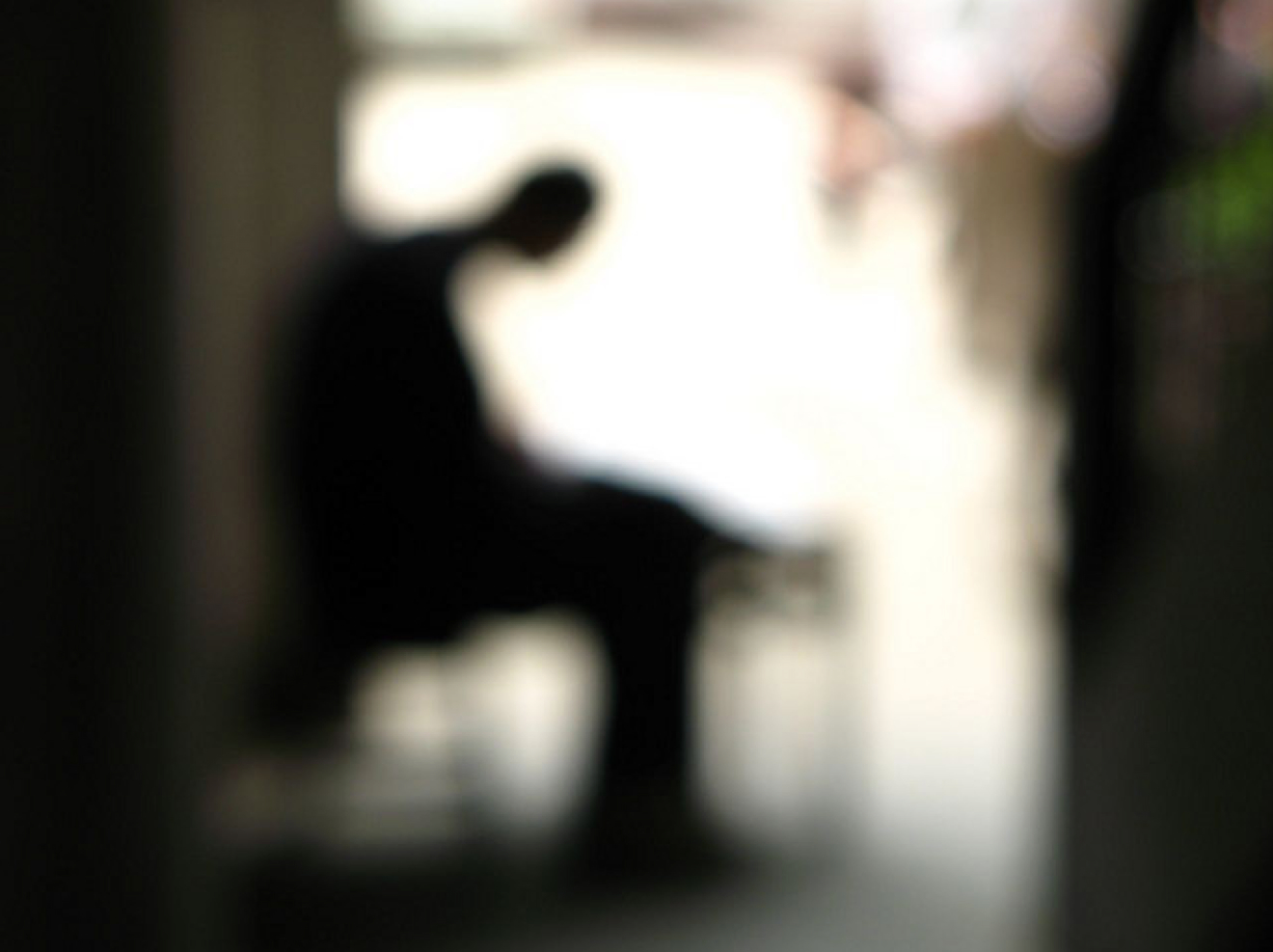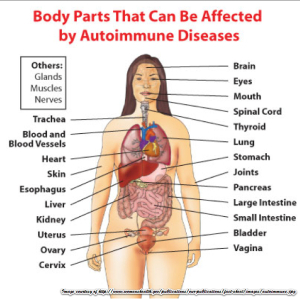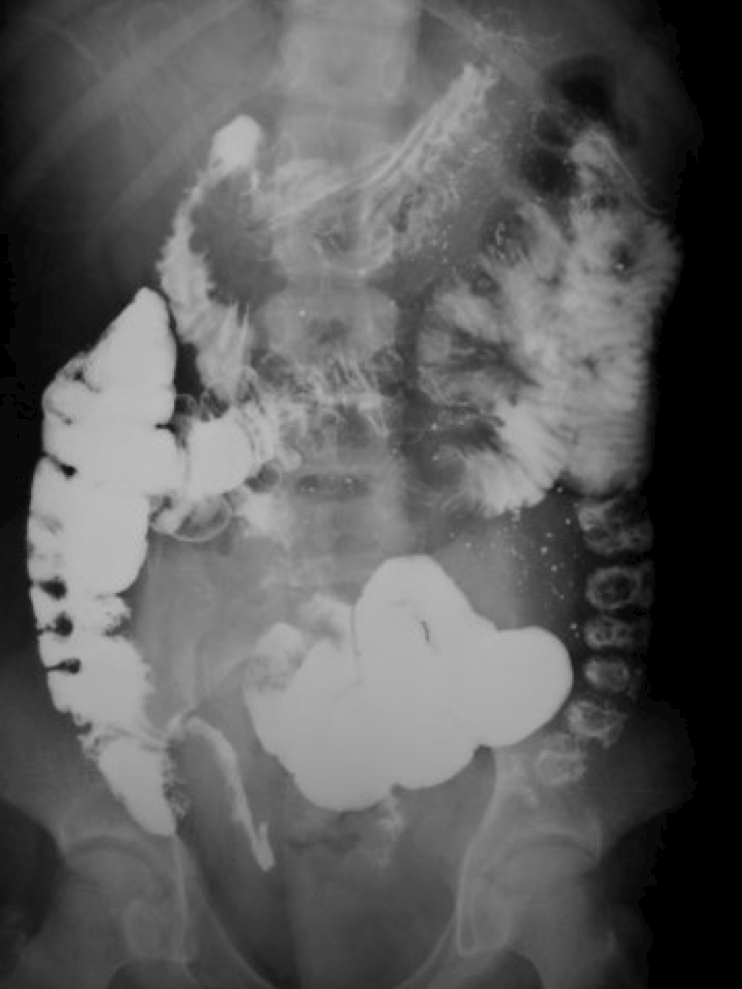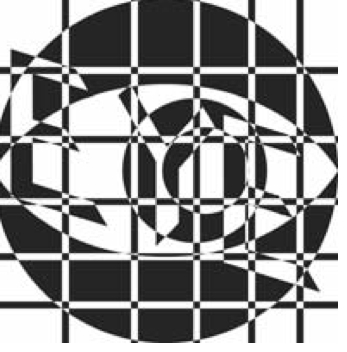Depression and its Treatment by Acupuncture and Chinese Medicine
 Friday, October 17, 2014 at 12:45PM
Friday, October 17, 2014 at 12:45PM This afternoon I was treating a new patient whose chief compliant was depression, which is something that we work with quite frequently at the Northside Holistic Center. In speaking with him, he commented that he had read my blog and had only seen postings about pregnancy-related depression as well as articles which I had written related to anxiety and Post Traumatic Stress Disorder (PTSD).
It struck me that I hadn't devoted an entire post to the subject of treating depression with Chinese medicine and acupuncture yet, and that it was important to address this, since many clients come to us with either depression as their main concern, or as a secondary issue that we can work on with them.

Treating depression is enormously satisfying to me because of the very high success rates and enormous improvements that the patients see in their lives. Moreover, depression frequently underlies other health issues and resolving it will often aid in the recovery from these other health complaints. People will seek out acupuncturists to work on their depression for one of three reasons: they either want to avoid medications altogether; the medications are not controlling the depression adequately, or they would like to reduce their dose of medication (in which case we strongly recommend that they let their MD know their plans).
Chinese medicine, of which acupuncture is a part, takes any condition and examines it through the prism of the whole body. That is, in coming up with a treatment plan, we take into consideration the person's current and past health history, as well as constitutional tendencies - those things which aren't a problem but define the person's experience of their body. These may include tendencies to run hot or cold, reactions to stress, bowel habits, complexion issues, etc. Thus, two people who have the same western medical diagnosis of depression may each receive a different acupuncture protocol and herbal formula. In this way we are able to taylor our treatment to the individual, which yields superior results.
Research/Other Articles:
An overview of acupuncture and depression along with a few research citations can be found here.
-
Time Magazine covered some interesting research looking into the mechanism by which acupuncture treats anxiety, stress and depression. The scientists noted that,
Rats who got acupuncture showed fewer symptoms of anxiety and depression than stressed-out rats who didn't get treatment. [and that] Acupuncture may work by targeting the same pathways that stress travels along, according to a new study in rats from Georgetown University Medical Center and published in the journal Endocrinology.
“There was nothing in the literature about acupuncture for PTSD and chronic stress,” [the researcher said] says, so she decided to study it. To find out if acupuncture was affecting chronic stress, Eshkevari and a team of researchers looked at what happened in a key pathway in dealing with stress for both humans and rats: the hypothalamus-pituitary-adrenal axis (HPA). It’s the same pathway targeted by some anti-anxiety drugs and antidepressants, Eshkevari says, and the HPA is involved in the production of the stress hormone cortisol.
- A fascinating study from Britain suggests that when acupuncture is used to treat patients with depression, gene expression governing mood is also corrected. A synopsis of the study can be read here.
The research shows that depression causes “abnormal gene expression” in “a large number of genes” and this affects “multiple brain functions” and nerve cells. Depression causes pathological biochemical changes and these changes cause more depression. The researchers note, this “vicious circle makes it difficult to cure conditions such as depression.” The researchers note that this educational investigation indicates “that electroacupuncture at Baihui and Yintang modulates depression by regulating the expression of particular genes.”
- The Depression Clinical and Research Program at Massachusetts General Hospital in Boston has demonstrated that acupuncture is effective in the treatment of clinical depression for patients who are non-responsive to conventional pharmaceutical antidepressant therapies. The abstract can be seen here:
The Massachusetts General Hospital study documents that existing clinical evidence supports acupuncture as a stand-alone therapy for depression. This study researched the ability of acupuncture to augment conventional antidepressant therapy when patients did not respond to their medications. The study concluded that acupuncture is effective as an adjunct therapy to antidepressants for both partial and non-responders. Acupuncture was administered one to two times per week during the study and the researchers concluded that acupuncture was “safe, well-tolerated and effective” for patients suffering from depression.
Reference:Albert S. Yeunga, Victoria E. Amerala, Sarah E. Chuzia, Maurizio Favaa and David Mischoulon. A pilot study of acupuncture augmentation therapy in antidepressant partial and non-responders with major depressive disorder. Depression Clinical and Research Program, Massachusetts General Hospital, Boston, Massachusetts, USA.
- A research study in the journal, Complementary Therapies in Medicine, (an abstract of which can be found here) found that a group of women with major depression treated with acupuncture had the same relapse rate as another group treated only with conventional prescriptions. This study suggests that acupuncture may be as successful as drug therapy in helping control major depression.
- The Journal of Alternative and Complementary Therapies published a study in which patients were either given the drug, fluoxetine, at the standard dosage or a low dose of the drug with acupuncture therapy. The study found that both groups did as well as the other. This suggests that patients may be able to use lower doses of their pharmaceuticals when using acupuncture. This would minimize side effects and drug interactions in those patients. An abstract of the study can be read here.
- Fox News has an article, accompanied by a video which can be seen here. In the article, the experts cited say,
"The functional MRI studies are showing that acupuncture has an influence over brain chemicals, such as dopamine and serotonin" as well as "And so, what we’re finding is that for these patients that are suffering from mild to moderate depression, acupuncture is just as effective as these antidepressants,” and "Acupuncture is also a good alternative for women who are pregnant and for people who no longer want to rely on antidepressants."
]
 Anxiety,
Anxiety,  Depression,
Depression,  acupuncture,
acupuncture,  alternative,
alternative,  drugs,
drugs,  melancholy,
melancholy,  natural in
natural in  Disorders
Disorders 

